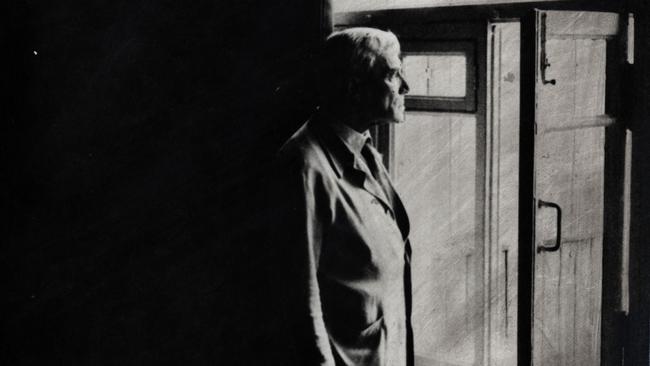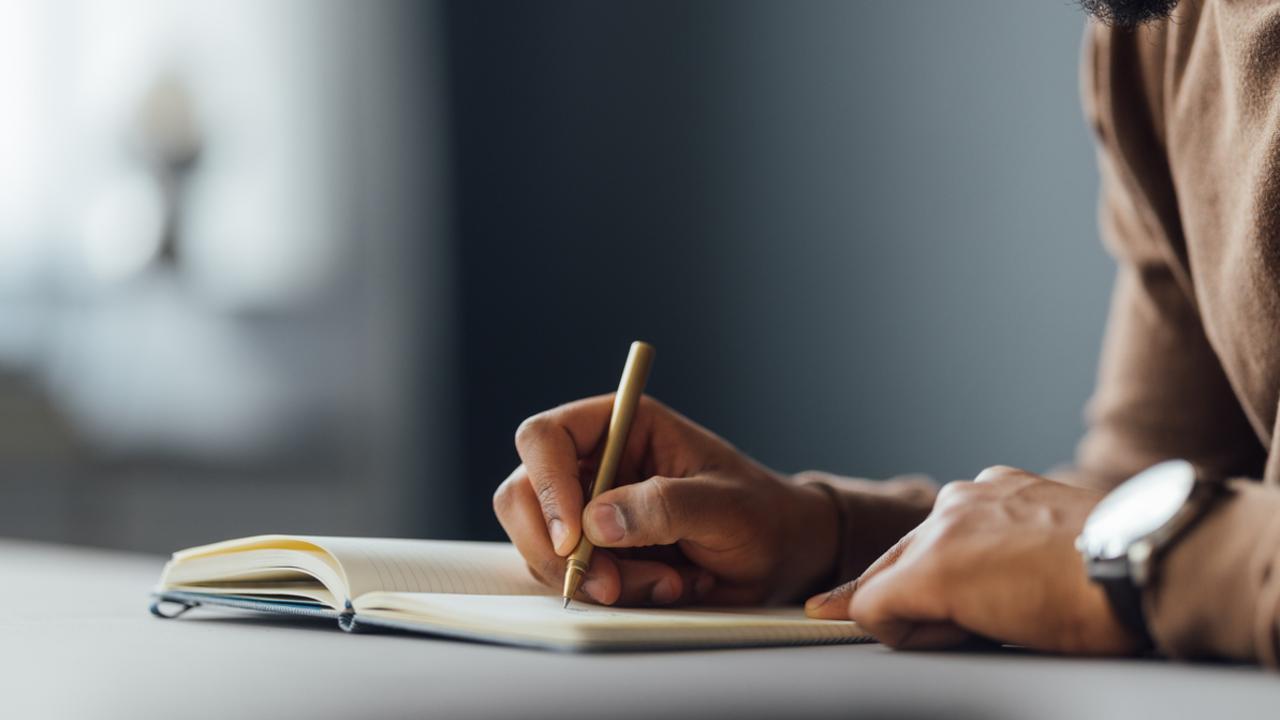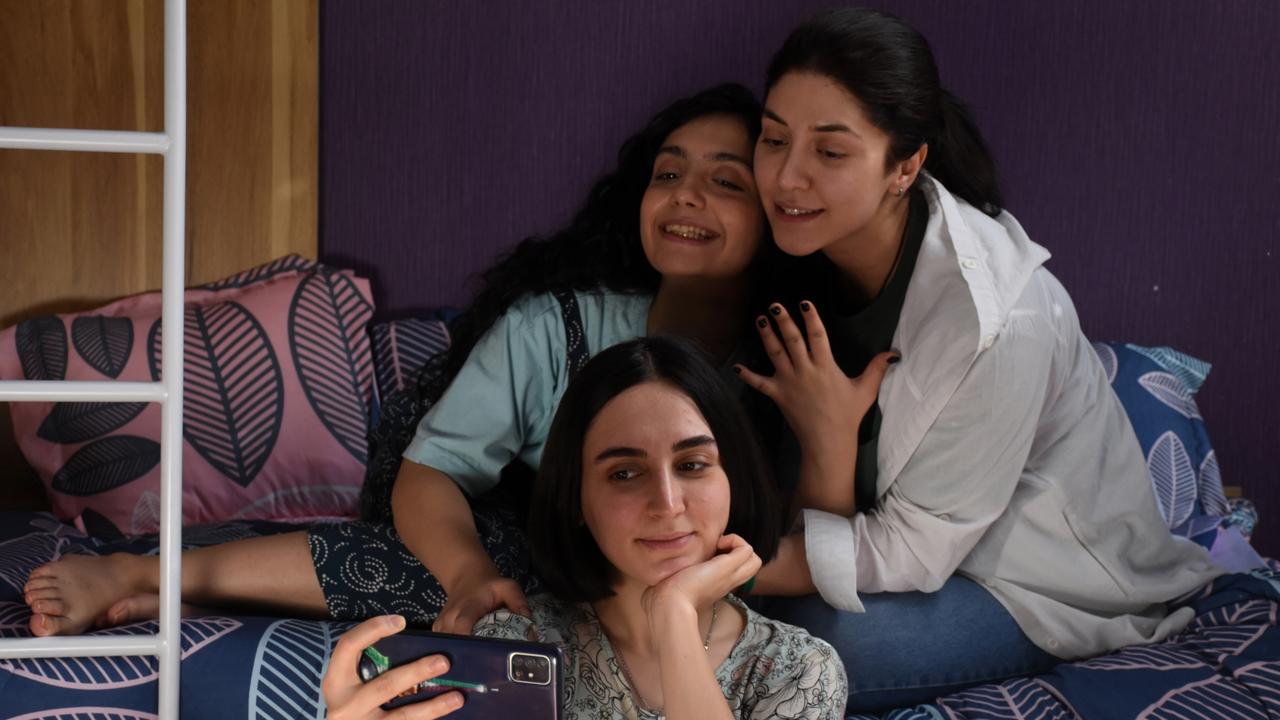Soviet Union experience grist to the mill for Return to Moscow
Tony Kevin’s time in Soviet-era Russia informs his insightful comparisons with the modern nation.

The small cohort of Australians who lived in Moscow during the Soviet regime constitutes a little coterie in this country. Mainly former students who were on exchange at Moscow State University (tourists don’t make the cut), few ‘‘members’’ keep up with or even know each other, yet all treasure the mysterious bond created by that experience of living in a capsule, unable to access Western media of any kind, at a time when computers effectively did not exist.
We kept in touch with family and friends by blue airletters sent and received via the Australian embassy, to which we made weekly pilgrimages, taking a bus from the wedding-cake university on Lenin Hills, getting off at Red Square, walking through icy streets to 13 Kropotkinsky Pereulok, a mini-Canberra in the heart of Moscow. Having flashed our propusk (pass) and stated our purpose to a bored guard, we were permitted to enter a back office, collect our haul and deposit our outward-bound aerograms.
As we left we would pass the actual embassy, a ‘‘strikingly beautiful art nouveau mansion, with a three-storey high reception hall dominated by a white marble fireplace flanked by eight-feet-high caryatids’’. I take Tony Kevin’s word for that, as we never got through the front door. But that didn’t matter. It was the mail-run that counted — our only means of contact with the outside world.
For Kevin, on a two-year diplomatic posting, this maison de luxe was the office. Housed in a separate diplomatic compound, he was provided with an official car, though no driver. The absence of maps (unavailable for security reasons) created quite a problem. Despite this, and although Kevin had learned some Russian at the Australian National University, not once during that time did he use the stunning Moscow metro.
But even if he had, few Soviet citizens would have risked casual conversation with a clearly Western stranger. Rather than socialising with locals, embassy communities had to be content with ‘‘choirs, drama clubs, reading and craft groups, mother-and-baby circles’’. This rather depressing picture makes it all the more surprising that nearly 50 years later Kevin was desperate to get back to Moscow, still asking himself why he loved ‘‘this strange, lovely, wounded land’’, why its culture, music, art, and literature meant so much to him. Willy-nilly, he had become part of the coterie.
He returned in last year in winter, the most appropriate season. The resulting book, Return to Moscow, is arranged like a fat sandwich: three chapters recall that first stay; the next nine detail the second, oscillating between travelogue and rumination on pre and post-Soviet culture and politics; the final two chapters analyse and challenge present Western attitudes to Russia.
He spends a few days spent reacquainting himself with a changed but recognisable Moscow, finally treating himself to the gorgeous metro. Overland train trips take him to places of touristy repute that are given added significance by his well-researched contextualising.
To take just one example, a visit to Boris Pasternak’s dacha at Peredelkino allows him to enlist Dr Zhivago as ‘‘a key to better East-West understanding’’, in itself the raison d’etre of his book. He runs through the CIA’s savvy promotion of a manuscript that was banned in its home town, and reminds us that David Lean’s 1965 film version was not seen in Russia until 1994: Nikita Khrushchev, though doing much to unravel the gulag, was still committed to an authoritarian one-party Soviet communist system.
When Sweden awarded Pasternak the Nobel prize, he was obliged to refuse it. Yet the government gave him a dacha and a stipend, and let him live and work in peace. For the poet Yevgeny Yevtushenko, quoted by Kevin, the lesson in this is that thoughts ‘‘inhaled’’ by Pasternak’s clandestine readers ‘‘became increasingly part of the air of Russia as the country prepared itself for change’’.
Kevin is keen to draw out not just the changes wrought by late communism and its ultimate fall, but the unexpected yet inevitable ways in which they occurred. Andrei Sakharov had been arrested and exiled to Gorky (now Nizhny Novgorod) for writing on topics such as intellectual freedom and peaceful co-existence, but Mikhail Gorbachev freed him and Boris Yeltsin nominated him as Person of the Century for Time magazine.
Kevin’s own book also changed. Starting from an exploration in nostalgia, it becomes ‘‘a personal appeal against current locked-in hostile Western misreadings of contemporary Russian reality, and against the insensate Western drive to a new Cold War with Russia’’. The stigmatisation of Russia as ‘‘a kind of Mordor’’, corrupt and destruction-bent, is for him a wilful caricature perpetrated by a media that ‘‘can no longer be relied on for truth and objectivity where Russia is concerned’’.
We readers, faced with an internet proffering every imaginable opinion, frame our views from the sources we prefer; most of us go for anti-Putin tirades whose message hardly differs from Ronald Reagan’s ‘‘evil empire’’ talk.
Naturally, counter-arguments to Kevin’s crusade also abound. His urgent bid for a more balanced and nuanced understanding of, for example, Russia’s defensive-aggressive reaction to NATO’s encircling threat could — and no doubt should — be undone in a second simply by snatching the telescope from his myopic eye.
But wouldn’t the person who did that be wearing rose-coloured glasses imported from America? To read this gentle and insightful book with clear eyes is a necessary and desirable exercise in open-mindedness. I recommend trying it.
Return to Moscow
By Tony Kevin
UWA Publishing, 290pp, $29.99
Judith Armstrong taught Russian literature and culture at the University of Melbourne. Her books include War and Peace and Sonya.


